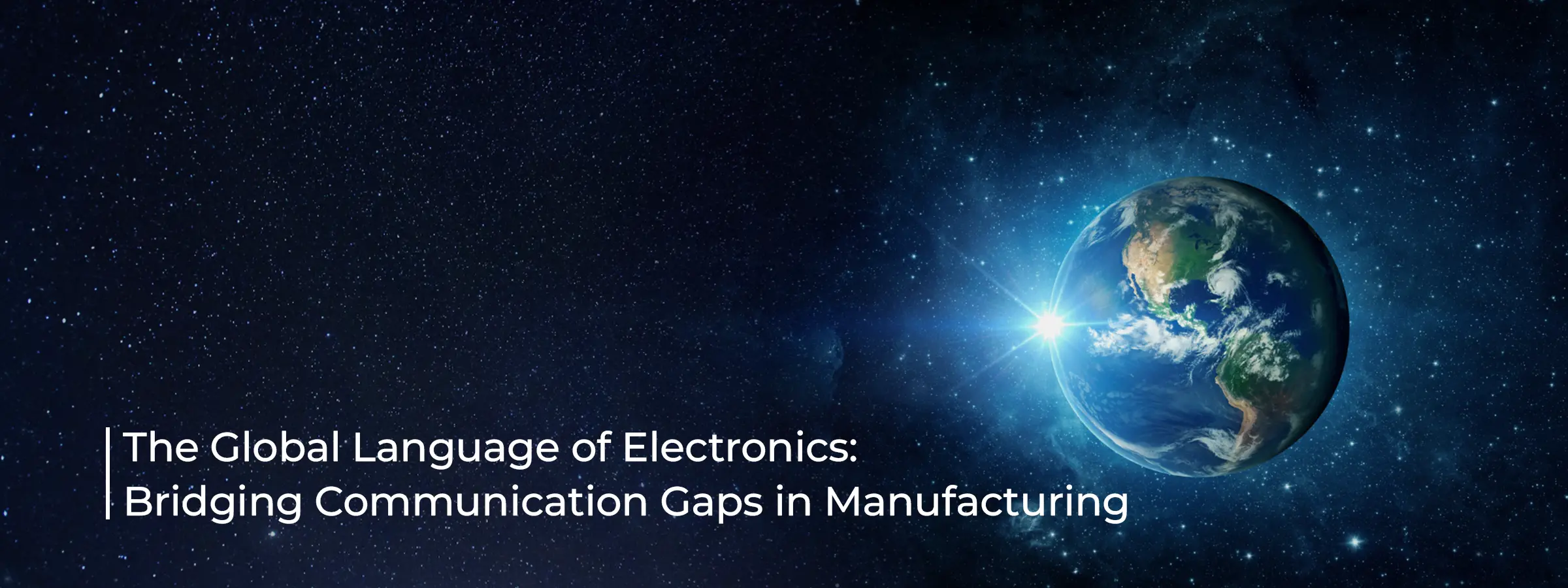
In the fast-paced world of electronics manufacturing, the ability to communicate effectively across borders is more than a convenience—it is a necessity. As companies navigate the complexities of global supply chains, multilingual collaboration, and international market expansion, the importance of mastering the global language of electronics cannot be overstated. This post delves into the transformative power of bridging communication gaps in the electronics manufacturing industry and how language services play a pivotal role in this process.
The electronics manufacturing industry is a global powerhouse characterised by rapid innovation cycles, complex supply chains, and wide-reaching market demands. From drafting initial designs to the assembly line and beyond into after-sales support, clear and precise communication is crucial at every stage. Yet, language barriers often pose significant challenges in this global arena, leading to misunderstandings, delays, and increased costs.
Language services, encompassing translation, localisation, and interpretation, offer a robust solution to these challenges. By ensuring that technical documents, user manuals, marketing materials, and legal contracts are accurately translated and culturally adapted, businesses can achieve clarity and understanding that propels them forward in the international market.
In electronics manufacturing, where precision is paramount, technical translation services go beyond mere word-for-word translation. They ensure that technical terminologies, specifications, and instructions are accurately conveyed, maintaining the integrity and safety of the manufacturing process across linguistic divides.
Localisation adapts your content and products to specific markets, considering cultural nuances, legal requirements, and consumer preferences. This process is crucial for marketing materials, websites, and product packaging. It ensures that your electronics resonate with local audiences, leading to better brand perception and increased sales.
As projects often involve stakeholders from various countries, interpretation services become essential in facilitating real-time communication during meetings, conferences, and negotiations. Practical interpretation ensures that all parties are on the same page, making collaborative efforts more productive and successful.
Bridging communication gaps in electronics manufacturing has vast benefits. Improved clarity and understanding lead to smoother operations, fewer errors, and a more agile response to market changes. Moreover, companies that invest in quality language services find it easier to enter new markets, comply with local regulations, and build trust with international partners and customers.
As the electronics manufacturing industry evolves, communicating effectively across languages will
become increasingly critical. By embracing language services, companies can overcome
communication barriers and leverage them as a strategic asset for global expansion. The
international language of electronics is not just about words—it is about creating connections,
understanding, and opportunities in a boundless world.
In conclusion, the path to global success in electronics manufacturing lies in bridging communication
gaps. By prioritising language services, businesses can confidently navigate the complexities of the
worldwide market, ensuring that their message, products, and services transcend linguistic and
cultural barriers to reach every corner of the world.
© 2024 WHITE GLOBE GROUP PVT LTD